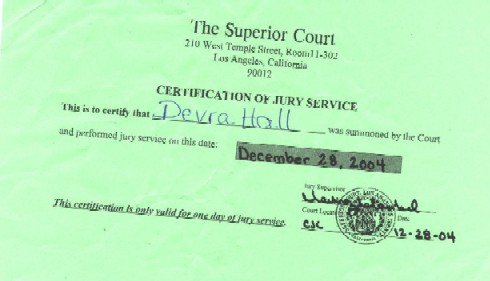The second day of the conference was devoted to cross-disciplinary panels, and money was a consistent theme in both morning sessions as well as the luncheon.
The topic of the first panel was The Role of the Critic in Contemporary Society. Jack Miles, in considering journalism as the first draft of history, suggested we are historians. Coco Fusco advocated asking our readers to consider an issue, putting us in a more activist light. But whether we view ourselves as reviewers or critics, consumer reporters or upholder of standards, promoters or provocateurs, entertainers or educators, we all face some thorny issues, most of which relate in some way to what Coco referred to as “the economics of making a living.â€
The vast majority of arts writers must supplement their income, if not with unrelated jobs, than at least with other kinds of writing assignments – other, that is, than criticism and journalism. All too often we are called upon to write press releases and feature stories that are full of hot air. Suppose you are a writer who, in the course of supplementing your income, is hired to write a cover story profiling of the director of a museum or concert hall, and suppose too that there are controversial issues relating to that museum or concert hall – do you
-
1. write the puff piece for which you were hired and pay your bills,
-
2. write the whole story, warts and all, and then pray for a kill fee (you know they won’t run the piece – even if they agree with you, they are looking for future advertising dollars), or
-
3. turn down the assignment and let your answering machine talk to your creditors.
If you take option #1 you risk losing your credibility, #2 can get you blacklisted, and #3 can get you broke.
If it were a once-in-a-great-while kind of thing, it would be easier to say “take the high road.†(Can’t you hear your mother? “If you can’t say something nice, don’t say anything.â€) But such scenarios are becoming not only more frequent, the lines are fuzzier and more imprecise. The panel on Ethical Traps explored some of the murkier waters. What happens when you are assigned to write a review and your editor is on the museum’s board of directors, or your editor happens to mention that The Publisher’s Wife is chairwoman of a charity fundraiser that is getting a percentage from the Fall season’s ticket sales? These are no-win situations because your motives will always be questioned. If you write a favorable review, people will wonder if you liked it, or didn’t but couldn’t say so. If you gave the show a bad review, somebody is bound to say that you were super-critical to avoid any appearances of favoritism.
Norman Lear’s exhortation from the preceding day’s keynote speech would have us provide “perspective on how truthfully and skillfully creative works are speaking to power.†How can we, when Power is our boss (or a major stockholder)? Our mission is imperiled by the ever-increasing privatization of culture. Corporate sponsorship and individual patronage is not new, but it’s become more insidious as the “patrons of the arts†demand more and more control of the arts, all the while laundering their money and polishing their image.
It has become more than simple patronage, there is big money to be made. Of course this money will not be going to the artists, or the writers. On the first tier, it’s all about real estate — think The Getty, Disney Concert Hall, Jazz at Lincoln Center, or Museum of Modern Art. On the second tier there are staffs to be hired: executive directors, artistic directors, curators and programmers, publicists and lawyers and accountants. Eli Broad, a man who created not one, but two Fortune 500 companies, made it clear when he gave his luncheon keynote address. By way of introducing Mr. Broad, let me quote from the Broad Foundation web site :
“Committed to the belief that all great cities need a vibrant center, Mr. Broad is currently leading the effort to turn Los Angeles’ Grand Avenue into a truly “grand avenue,” to rival the main boulevards of the world’s greatest cities.â€
Broad rattled off statistics – 2200 Los Angeles-based visual and performing arts organizations, 105 museums, four of the best art schools, 705 musical groups, 220 theater companies, 60 film festivals… His point? Cultural tourists spend more money, stay longer, and visit more frequently than business travelers. Broad took some questions from the floor, but his answers were deflective. I guess he thought that arts writers would be thrilled to have more to cover. Our point? If you’re going to fund more art institutions, you had better fund some media coverage of the arts as well.
By the way, not all Angelenos think Broad’s Grand Plan is such a good idea. In today’s Los Angeles Times, Joel Kotkin, an Irvine senior fellow at the New America Foundation, and author of “The City: A Global History,” opened his commentary with these words:
The $1.8-billion proposal to redevelop Grand Avenue represents the latest in a series of ill-conceived schemes to revive downtown Los Angeles, and former Mayor Richard Riordan was absolutely right when he recently called it “a bunch of baloney” whose main effect will be “rich guys getting richer.”
This brings me right back to the morning’s questions:

